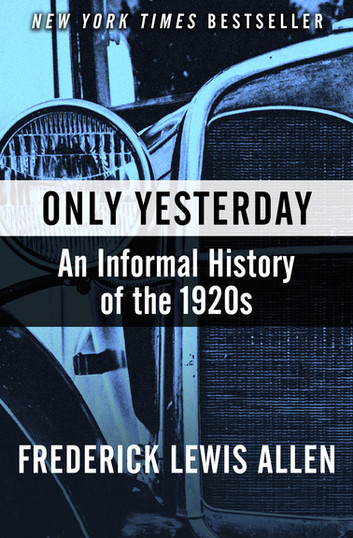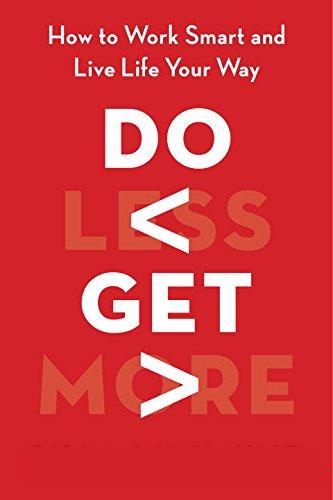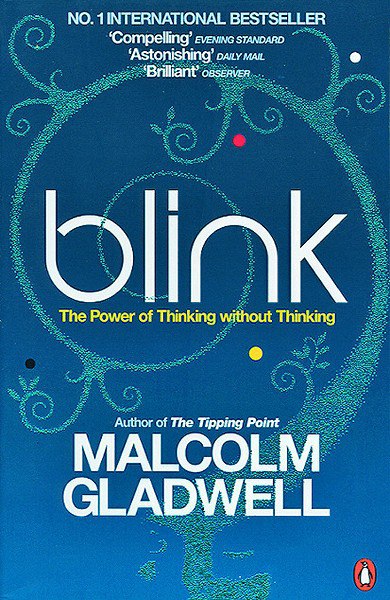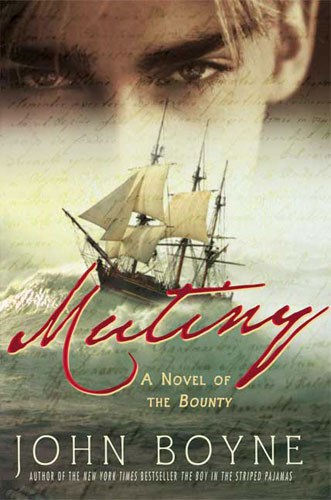The Mongol Conquests in World History
1) The Mongol Conquests in World History – Timothy May
Reaktion Books | 2012 | PDF
The Mongol Empire can be seen as marking the beginning of the modern age, and of globalization as well. While communications between the extremes of Eurasia existed prior to the Mongols, they were infrequent and often through intermediaries. As this new book by Timothy May shows, the rise of the Mongol Empire changed everything through their conquests the Mongols swept away dozens of empires and kingdoms and replaced them with the largest contiguous empire in history.
While the Mongols were an extremely destructive force in the premodern world, the Mongol Empire had stabilizing effects on the social, cultural and economic life of the inhabitants of the vast territory, allowing merchants and missionaries to transverse Eurasia. The Mongol Conquests in World History examines the many ways in which the conquests were a catalyst for change, including changes and advancements in warfare, food, culture, and scientific knowledge. Even as Mongol power declined, the memory of the Empire fired the collective imagination of the region into far-reaching endeavors, such as the desire for luxury goods and spices that launched Columbus’s voyage and the innovations in art that were manifested in the masterpieces of the Renaissance.
This fascinating book offers comprehensive coverage of the entire empire, rather than a more regional approach, and provides an extensive survey of the legacy of the Mongol Empire.
2) Genghis Khan and the Making of the Modern World – Jack Weatherford
Broadway Books | 2005 | EPUB
The name Genghis Khan often conjures the image of a relentless, bloodthirsty barbarian on horseback leading a ruthless band of nomadic warriors in the looting of the civilized world. But the surprising truth is that Genghis Khan was a visionary leader whose conquests joined backward Europe with the flourishing cultures of Asia to trigger a global awakening, an unprecedented explosion of technologies, trade, and ideas. In Genghis Khan and the Making of the Modern World, Jack Weatherford, the only Western scholar ever to be allowed into the Mongols’ “Great Taboo”—Genghis Khan’s homeland and forbidden burial site—tracks the astonishing story of Genghis Khan and his descendants, and their conquest and transformation of the world.
Fighting his way to power on the remote steppes of Mongolia, Genghis Khan developed revolutionary military strategies and weaponry that emphasized rapid attack and siege warfare, which he then brilliantly used to overwhelm opposing armies in Asia, break the back of the Islamic world, and render the armored knights of Europe obsolete. Under Genghis Khan, the Mongol army never numbered more than 100,000 warriors, yet it subjugated more lands and people in twenty-five years than the Romans conquered in four hundred. With an empire that stretched from Siberia to India, from Vietnam to Hungary, and from Korea to the Balkans, the Mongols dramatically redrew the map of the globe, connecting disparate kingdoms into a new world order.
But contrary to popular wisdom, Weatherford reveals that the Mongols were not just masters of conquest, but possessed a genius for progressive and benevolent rule. On every level and from any perspective, the scale and scope
of Genghis Khan’s accomplishments challenge the limits of imagination. Genghis Khan was an innovative leader, the first ruler in many conquered countries to put the power of law above his own power, encourage religious freedom, create public schools, grant diplomatic immunity, abolish torture, and institute free trade. The trade routes he created became lucrative pathways for commerce, but also for ideas, technologies, and expertise that transformed the way people lived. The Mongols introduced the first international paper currency and postal system and developed and spread revolutionary technologies like printing, the cannon, compass, and abacus. They took local foods and products like lemons, carrots, noodles, tea, rugs, playing cards, and pants and turned them into staples of life around the world. The Mongols were the architects of a new way of life at a pivotal time in history.
In Genghis Khan and the Making of the Modern World, Jack Weatherford resurrects the true history of Genghis Khan, from the story of his relentless rise through Mongol tribal culture to the waging of his devastatingly successful wars and the explosion of civilization that the Mongol Empire unleashed. This dazzling work of revisionist history doesn’t just paint an unprecedented portrait of a great leader and his legacy, but challenges us to reconsider how the modern world was made.
3) Genghis Khan’s Greatest General: Subotai the Valiant – Richard A. Gabriel
University of Oklahoma Press | 2006 | EPUB
This book tells the story of Subotai the Valiant, a warrior for Genghis Khan and one of the greatest generals in military history. Subotai commanded armies whose size, scale, and scope of operations surpassed those led by any other commander in the ancient world. Under Subotai’s direction, Mongol armies moved faster, over greater distances, and with a greater scope of maneuver than any army had ever done before.
When Subotai died at age seventy-three, he had conquered thirty-two nations and won sixty-five pitched battles, according to Muslim historians. Had the great Khan not died, Subotai likely would have destroyed Europe itself.
4) The Mongols and the West: 1221-1410 – Peter Jackson
Routledge | 2005 | PDF
The Mongols had a huge impact on medieval Europe and the Islamic world. This book provides a comprehensive survey of contacts between the Catholic West and the Mongol world-empire from the first appearance of Chinggis Khan’s armies in 1221 down to the death of Tamerlane (1405) and the battle of Tannenberg (1410).
This book considers the Mongols as allies as well as conquerors; the perception of them in the West; the papal response to the threat (and opportunity) they presented; the fate of the Frankish principalities in the Holy Land in the path of the Mongol onslaught; Western European embassies and missions to the East; and the impact of the Mongols on the expanding world view of the maturing Middle Ages.
5) Genghis Khan and the Quest for God: How the World’s Greatest Conqueror Gave Us Religious Freedom – Jack Weatherford
Viking | 2016 | EPUB
Throughout history the world’s greatest conquerors have made their mark not just on the battlefield, but in the societies they have transformed. Genghis Khan conquered by arms and bravery, but he ruled by commerce and religion. He created the world’s greatest trading network and drastically lowered taxes for merchants, but he knew that if his empire was going to last, he would need something stronger and more binding than trade. He needed religion. And so, unlike the Christian, Taoist and Muslim conquerors who came before him, he gave his subjects freedom of religion. Genghis lived in the 13th century, but he struggled with many of the same problems we face today: How should one balance religious freedom with the need to reign in fanatics? Can one compel rival religions – driven by deep seated hatred–to live together in peace?
A celebrated anthropologist whose bestselling Genghis Khan and the Making of the Modern World radically transformed our understanding of the Mongols and their legacy, Jack Weatherford has spent eighteen years exploring areas of Mongolia closed until the fall of the Soviet Union and researching The Secret History of the Mongols, an astonishing document written in code that was only recently discovered. He pored through archives and found groundbreaking evidence of Genghis’s influence on the founding fathers and his essential impact on Thomas Jefferson. Genghis Khan and the Quest for God is a masterpiece of erudition and insight, his most personal and resonant work.
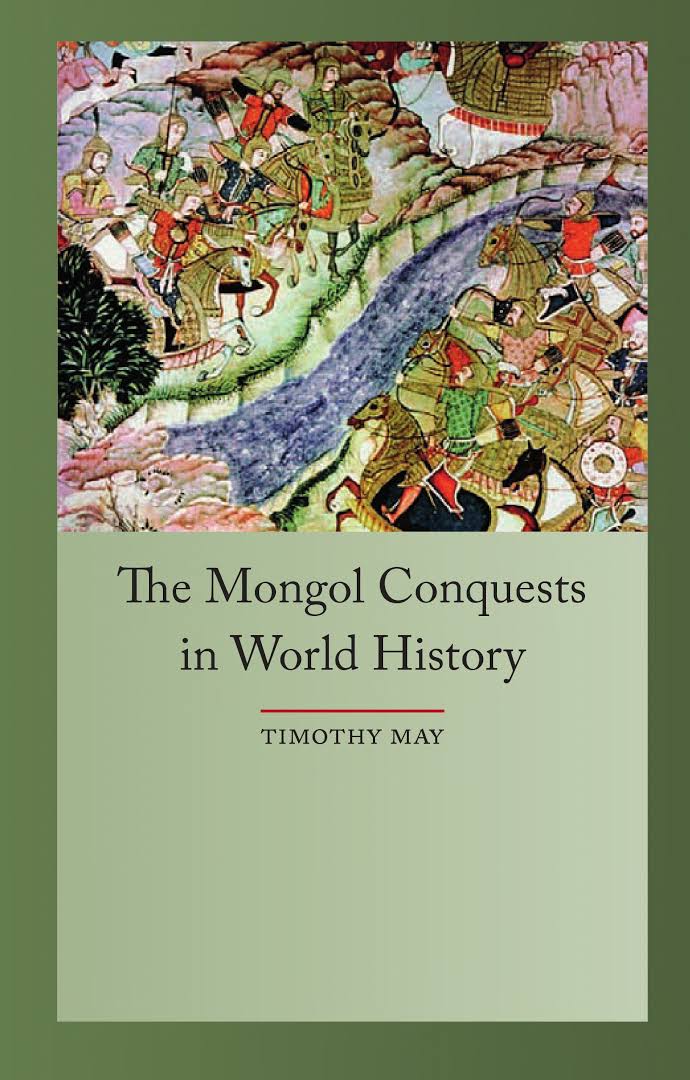 1 / 5
1 / 5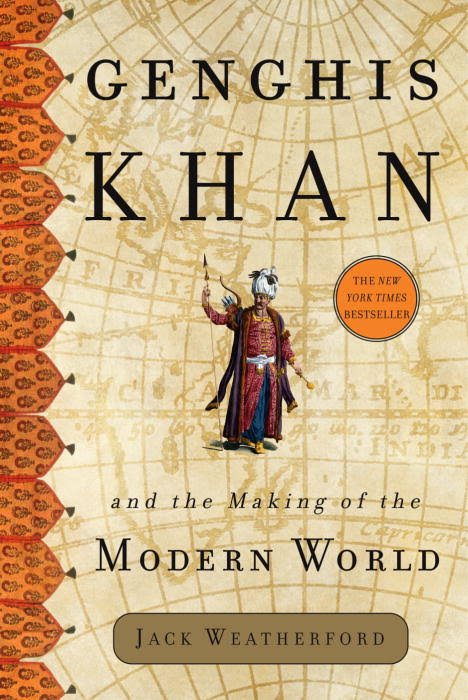 2 / 5
2 / 5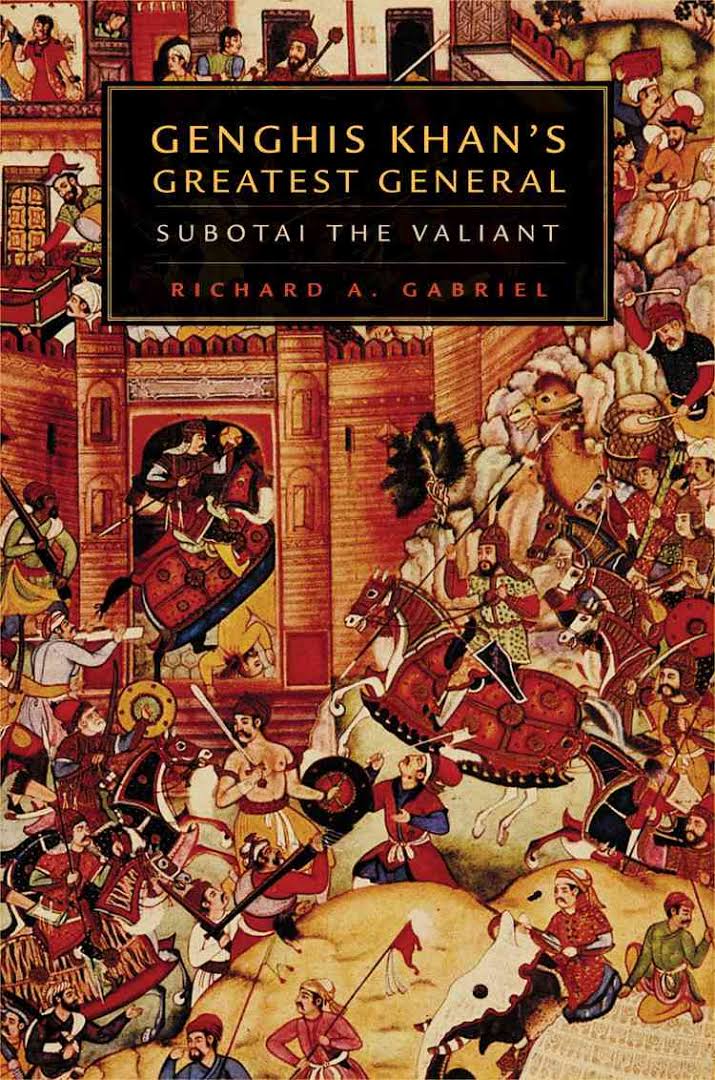 3 / 5
3 / 5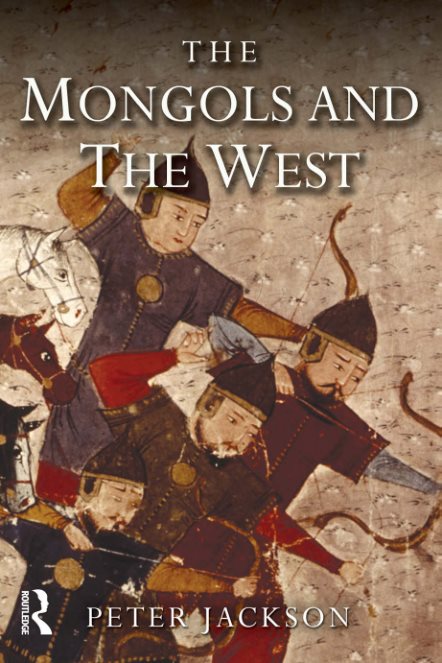 4 / 5
4 / 5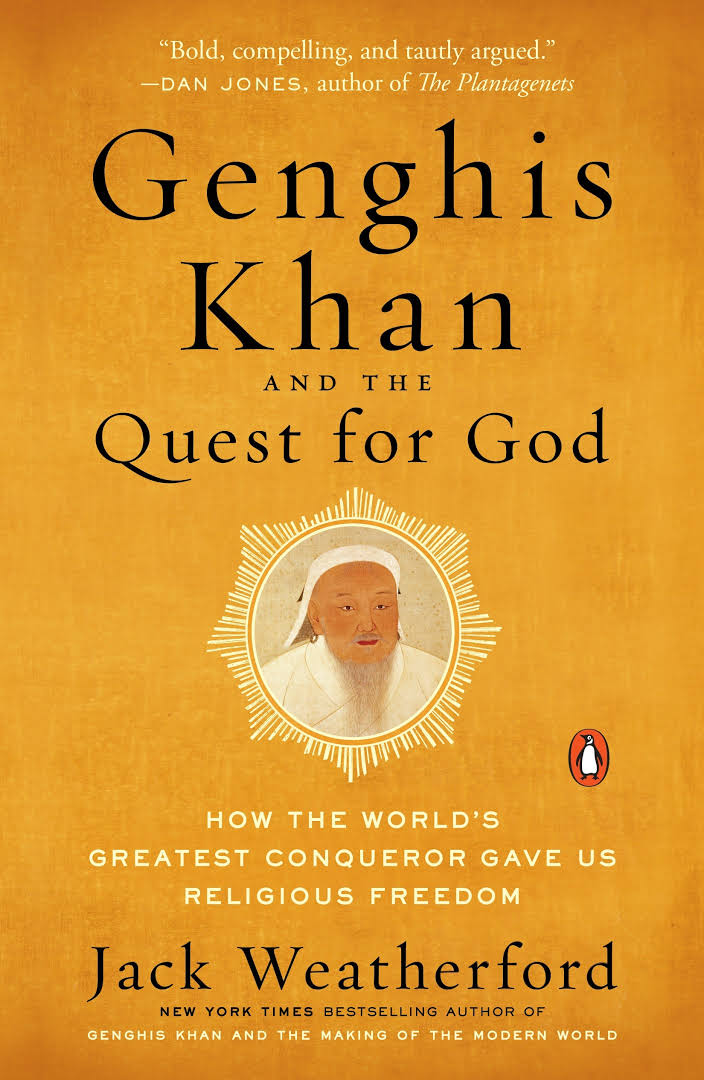 5 / 5
5 / 5